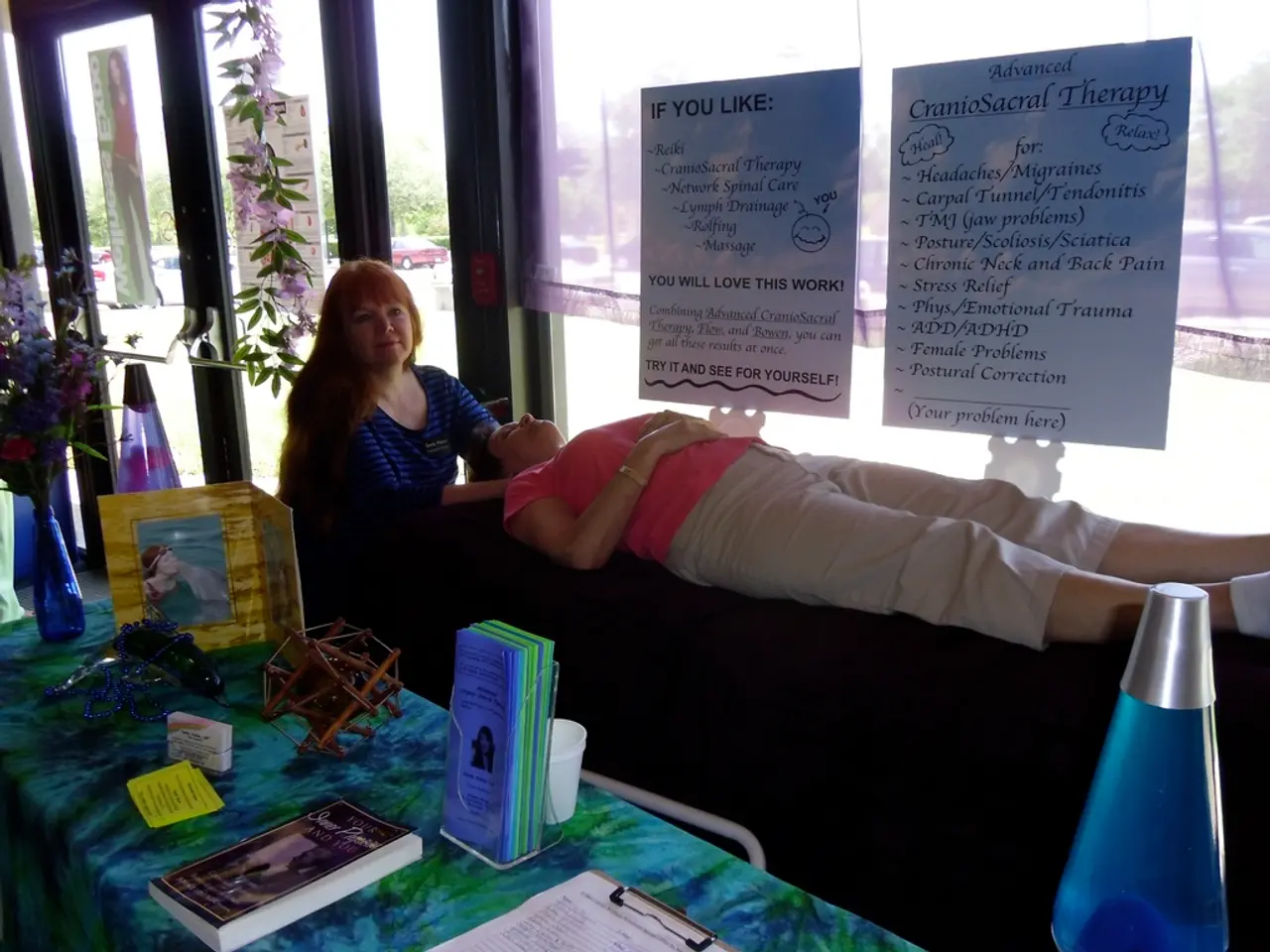Detection of Deception in Substance Abuse Through a Lie Detector
In the battle against addiction, families often find themselves at a loss when it comes to understanding a loved one's behaviour. However, a solution that could provide valuable insights is the use of addiction polygraph lie detector tests. These tests, conducted by skilled and experienced examiners using state-of-the-art equipment, can help families avoid potential negative consequences of addiction.
While addiction polygraph tests are not infallible, they can be effective tools in identifying deception. These tests measure physiological responses such as heart rate, blood pressure, respiration, and skin conductivity, which can change due to stress or anxiety when a person lies. Certified examiners claim accuracy rates around 95 to 98 percent when testing is conducted properly in controlled environments and by experienced professionals.
However, it's important to note that polygraphs do not detect lies directly but rather physiological responses associated with stress. Anxiety, nervousness, medications, or medical conditions can influence these physiological markers and potentially lead to false positives or false negatives. For people with anxiety disorders or those using prescribed medication, polygraph examiners adapt questioning and interpret results carefully.
For families, these tests can provide insights about a loved one’s drug use or addiction behaviours when direct communication is difficult or when suspicions persist but evidence is lacking. They can help establish a baseline of trust or reveal denial in relationships affected by addiction, helping family members understand the reality of the situation and prompting earlier intervention.
However, families should view polygraph results as informal tools rather than absolute proof. It is important to combine polygraph findings with clinical assessments, counseling, and medical evaluation for comprehensive addiction treatment and support. The polygraph outcome highly depends on the examiner’s expertise, adherence to protocols, and the test environment. Inaccurate interpretations or unqualified examiners can reduce reliability.
Moreover, polygraph testing is not admissible as evidence in many courts due to its controversial accuracy, signaling the need for caution when making major decisions solely based on test results. It's crucial to remember that these tests do not diagnose addiction medically or psychologically; they only attempt to detect deception about specific questions asked during the test.
In conclusion, while addiction polygraph tests can be effective tools in identifying deception and providing valuable insights for concerned families, their reliability varies due to physiological and psychological factors. These tests should be conducted by licensed, trained examiners who consider medication and anxiety factors, and their results should be integrated with professional addiction treatment approaches for the best outcomes.
For families seeking assistance with addiction-related lie detector tests, our company offers a confidential service. Results are provided in the form of a fully verified report that outlines the questions asked, and tests can be used for various types of addictions, not just substance abuse. Taking action early can help get a loved one the necessary help for their addiction. Contact us to learn more about how we can assist with your concerns.
- The use of addiction polygraph lie detector tests can help families understand a loved one's behavior, providing insights about drug use or addiction behaviors, especially when direct communication is challenging.
- Polygraph examiners adapt questioning and interpret results carefully for individuals with anxiety disorders or those using prescribed medication to avoid potential false positives or false negatives.
- Polygraph tests measure physiological responses such as heart rate, blood pressure, respiration, and skin conductivity, which can change due to stress or anxiety when a person lies.
- Families should view polygraph results as informal tools rather than absolute proof and combine them with clinical assessments, counseling, and medical evaluation for comprehensive addiction treatment and support.








